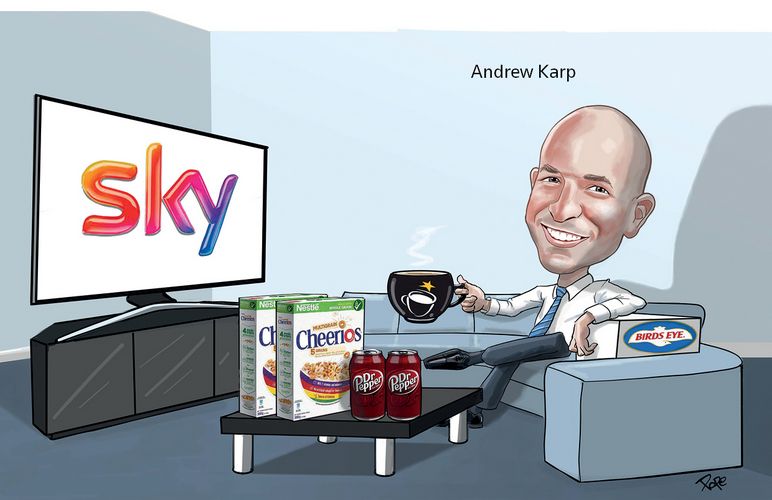In a year defined by volatility for corporate issuers, one bank navigated those challenges expertly while avoiding pitfalls and racking up the most volume. Bank of America Merrill Lynch is IFR’s North America Investment-Grade Corporate Bond House of the Year.
It wasn’t clear that the first week of October provided the right window to announce a jumbo M&A deal to fund Comcast’s acquisition of British pay-TV company Sky.
There were murmurs of volatility resulting from US/China trade talks, the 10-year Treasury rate was on the rise and election rhetoric was ramping up. Perhaps, Comcast should wait.
But Bank of America Merrill Lynch convinced Comcast to push forward as the market was coming off the hottest month of the year – September saw US$137bn in debt deals – and sentiment can change fast.
It was a good call, as investors lined up behind the second largest deal of the year, swelling order books to US$87.7bn for the US$27bn transaction.
The market immediately soured and never really recovered through to the year-end. The following week, the benchmark 10-year Treasury rate climbed to its highest level in seven years and then the Dow Jones Industrial Average dropped over 830 points on October 10 – the third biggest one-day fall on record – as President Donald Trump lashed out, saying the Federal Reserve has “gone crazy”.
“Had we tried to wait and thread the needle through a more perfect market, in hindsight, that would have been a big mistake,” said Andrew Karp, managing director at BAML.
In a year of declining issuance, BAML led the league tables in 2018 with nearly US$80bn in corporate funding accumulated for its clients and a 12% market share, in part through the organisation’s ability to navigate choppy markets.
That volume includes the three largest trades of the year – CVS, Comcast and Cigna – as well as Yankee issues for the likes of Bacardi, Sands China, Tencent and Vodafone.
“2018 demonstrated how deep and liquid the high-grade bond markets are despite that volumes are lighter than they were a year ago,” Karp said.
BAML recognised that tech issuance was bound to take a hit in 2018 because US tax reform allowed tech companies to use overseas cash in lieu of issuing new debt. Sure enough, US investment grade corporate tech issuance fell 79% year-on year in 2018 to US$23.15bn, according to IFR data.
The bank decided early on to focus on the food and beverage sector as a growth area. It served as active bookrunner for General Mills, Keurig Dr Pepper, Constellation Brands and Nestle.
BAML even helped Conagra Brands issue a seven-part US$7bn bond during mid-October’s hyper-volatile markets, which one syndicate banker coloured by saying: “I’ve never seen en masse so many issuers holding off”.
With the exception of the two longest-dated tranches, Conagra bonds have traded tighter or on par with pricing.
“Being able to talk with investors about product in a dynamic sector was important and having a holistic view of the space, as opposed to any one individual transaction, was a key component,” Karp said. “Being on so many of those trades helped us get the execution we did.”
Despite this view of the sector, BAML dodged a bullet in March when it missed a role as an active bookrunner on Campbell Soup’s US$5.3bn bond to fund the acquisition of Snyder’s-Lance. The deal ended up being one of the most disastrous trades of the year.
Campbell was downgraded to one notch above junk following the trade as spreads on its 30-year notes widened more than 100bp from pricing.
BAML was also among the bookrunners experimenting with innovative structures. For example, AT&T’s US$3.75bn bond launched in Asian hours to engage a new investor base that did not already own a piece of the telecoms firm’s US$180bn in debt.
The offering was upsized and became the largest ever non-bank unsecured floating-rate note trade as investors took advantage of higher Libor levels and rising interest rates.
“It’s not obvious that waiting is the right strategy any more,” Karp said of what defined issuance this year. “Sometimes you have to execute a deal in a window that might not be ideal in order to get the best execution.”
To see the digital version of IFR Awards 2018, please click here.
To purchase printed copies or a PDF of IFR Awards 2018, please email gloria.balbastro@refinitiv.com.



